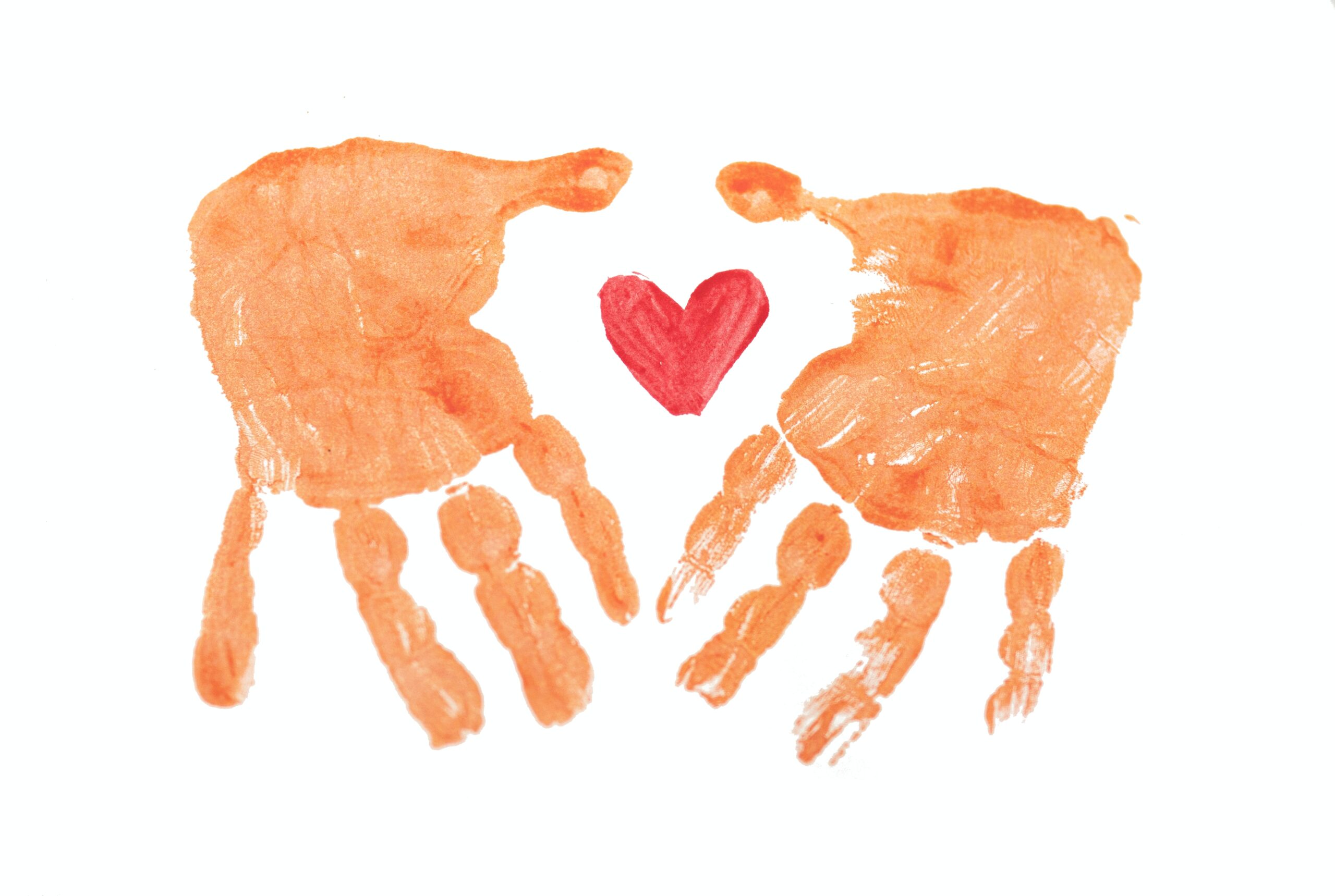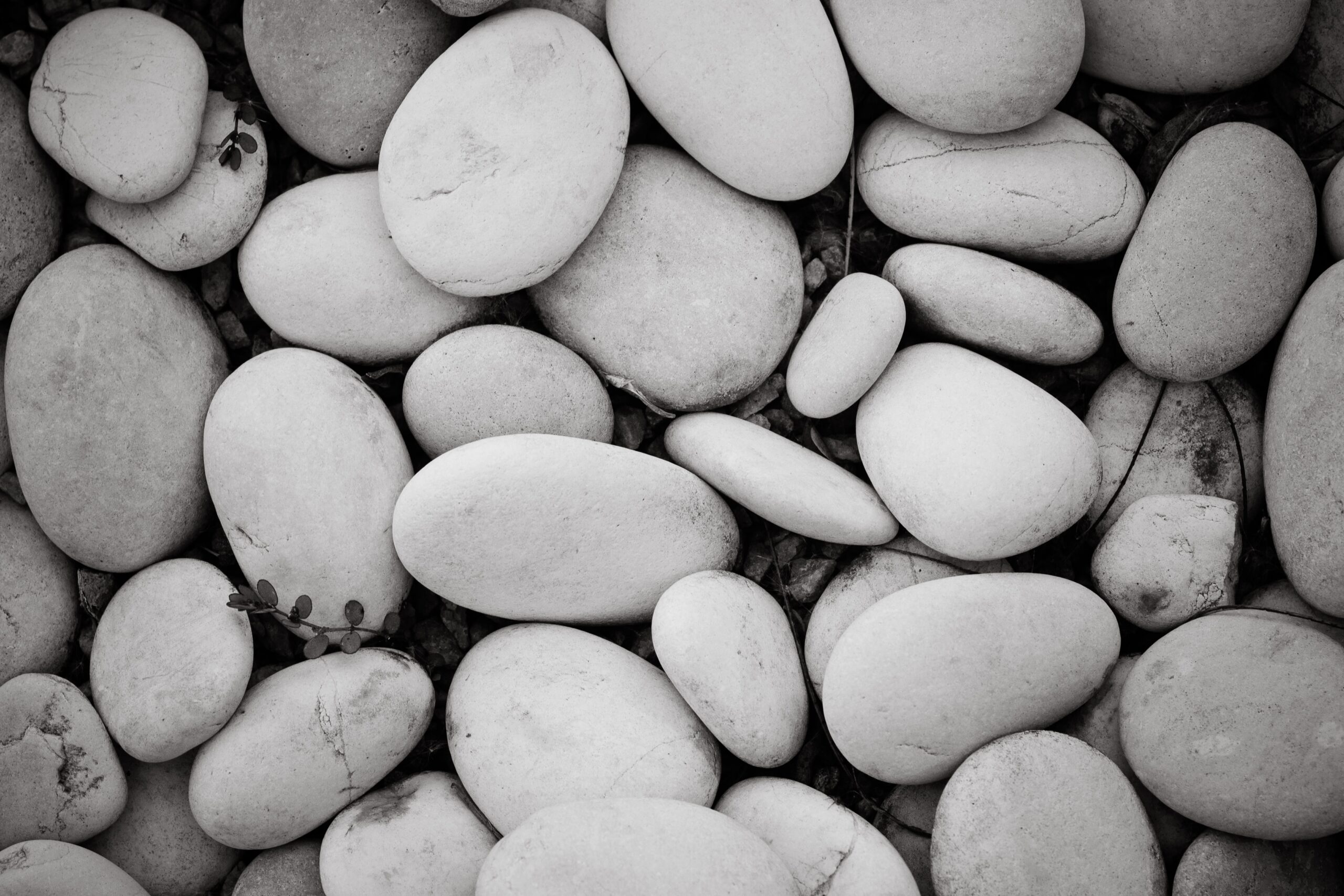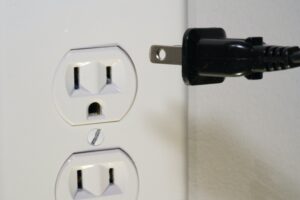By: Victoria Young, South Carolina High School Social Studies Teacher
For about nine months every year we provide a form of childcare for dozens to hundreds of children that are not our own. We teach formulas, literary devices, manners, and life lessons. We watch friend groups change and look out for who has a crush on who. We see the highs and lows of their lives and are ready to support them every step of the way. We care. So, why can’t we do the same for ourselves?

The concept of self-care usually involves an at-home spa day with bath bombs and candles, and if that is something that makes you happy then by all means relax into that bubble bath! However, as the year goes on and we continue to pour out so much of ourselves into the next generation. We often try to fix our burnout with a night of Netflix or a good book, and claim we are fine because yesterday I managed to fit in some “me time” whenever that time of selfishness isn’t meant to be a hallmark event.
As teachers we try to meet the social-emotional needs of our students whether it pertains to school or not, but neglect to see that we actually have a lot of the same needs. Sure, hopefully you do not need to be comforted because Johnny stole your favorite blue pen and now you two aren’t friends anymore, but we still come into our jobs carrying hurt from our own relationships. While we have developed more emotional control as adults, we still have our inner child that is just as hurt, and we don’t have an awesome teacher to see us every day and tell us that it will all be okay and help us work through it. So, we carry these burdens of hurt, of bills, responsibilities, plans, etc. into our classrooms and try to lock them away.

While none of us would like to carry these burdens and we definitely don’t want them to impact who we are with our students, these things are what help us empathize with our kids when they are hurting! However, that doesn’t mean we should have to hang onto these burdens.
Self-care is a tool that is meant to be used every day to meet our social-emotional needs. While it may not get rid of the internet bill (and isn’t that the self-care we all need?) it does help to alleviate the pressure we allow the burdens of life to put on us; it helps us prioritize ourselves over our worries. So, how do you practice self-care without having to sit in a bubble bath?
Self-Care Ideas
1) Do what you want to do!
Now I’m not talking about total social anarchy. What I’m saying here is when you have an hour in the evening with nothing pertinent to do, ask yourself “what do I want to do?” Be the kid that just got home from school and plays their favorite video game for an hour, takes a nap, or goes on a walk for some fresh air. It’s okay to check in with yourself and acknowledge that you need to do something for yourself, even if it is stopping by your favorite ice cream shop after work.
2) Don’t just pencil in time for yourself, write it in ink!

Every teacher has their methods of staying organized. Some have planners with pretty pens and stickers, some are digital agenda pros, and some of us have sticky notes and pieces of paper hidden everywhere. We have busy lives and busy jobs with meetings always changing or friends planning dinners – things we don’t necessarily want to, or can say “no” to. And for those of us who are also parents, that’s multiple schedules you are responsible for! Find one or two days a month that you can block off for yourself and make it non-negotiable, even if it is only for half the day it can make a huge difference. Plan something that you will look forward to – seeing a new movie, going to the zoo with a friend, or even just a day to lay in bed and be lazy. You know what you need, so make time for it and give yourself something to look forward to while you make your sixth parent phone call for the week.
3) Be open to new things.
I don’t know about you, but after this last year of teaching I know I need some consistency in my life. The past 16 months have been full of new things (remember the murder hornets!?) and many of us took to baking bread and learning how to hoard toilet paper. Most of us probably haven’t touched our quarantine hobbies in almost a year, but that time retaught us to try new things, and try again. It also taught us to let go of activities that once brought us joy, but no longer are fulfilling. All of this to say, just because you do something for self-care once and like it, doesn’t mean it will be what works for you always. Eventually you will finish writing that book of poems or the weather will no longer be enjoyable for bike rides with your family. It’s okay to appreciate those things and then move on to something new.
As we enter a new school year with new students and new problems to solve, remember that you are what makes your classroom great. When you open up that new 2021-2022 planner (or that new pack of sticky notes) and start to organize your lessons for the year, remember that a lot of the meaningful lessons we model as teachers have nothing to do with state standards and have so much to do with how to be human. So, in the meantime, draw that bubble bath, turn on your Xbox, or see what time your local ice cream shop closes, and as you rest and prepare for a new school year ask yourself: how can I treat myself with the kindness I treat others?
About the Author

Victoria Young, B.A. Secondary Education/Social Studies, is a geography and world history teacher at Greenville Technical Charter High School in South Carolina.





